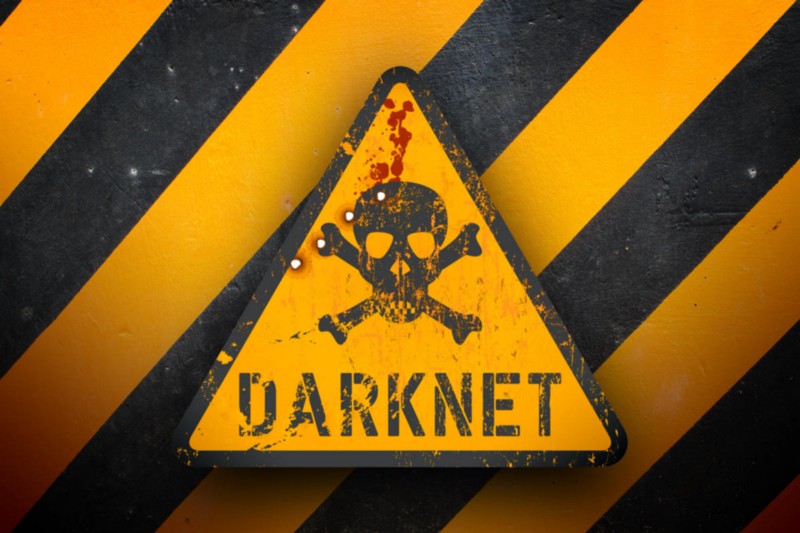A beginner's guide to the Dark Web

The dark web is a part of the internet that is not indexed by search engines. The terms deep web and dark web are often used interchangeably, but they have their differences. The deep web is content on the internet that requires some authentication to access and is protected from web crawlers. This includes data like bank account details, social media accounts and email services. 90–95% of the internet falls under the deep web category, and the remaining 5% of the internet is the surface web, accessible to anyone. The dark web is a subset of the deep web.
The dark web can’t be accessed using a typical browser. Since it emphasizes privacy and anonymity, a specific browser called Tor is required to access the dark web. Once you’re inside, it’s messy and chaotic, not to mention extremely slow. You could end up in the wrong place while navigating through it, even if you never intended to. Websites on the dark web are pretty much like any other website, except they end in .onion, as opposed to .com or .org. Specific search engines like DuckDuckGo or Grams are required to index these sites.
Privacy is enforced by routing your web request through a series of proxy servers across the globe, thereby making it impossible to trace the origin of your request back to you. Due to the increased levels of anonymity, the dark web is a hotbed of criminal activity. Everything from guns, drugs, hitmen and stolen credentials to malicious software and extremely offensive content is available. You can even hire a hacker if you wanted. But be warned that this same anonymity paves the way for a large number of scammers. Since you don’t know who’s on the other side, you can’t trust anybody. Even popular commerce sites on the dark web have absconded with their users’ money.
Sometimes, we need to see the dark side to appreciate the light.
Transactions are carried out on the dark web using cryptocurrencies like bitcoin, allowing users to transfer funds securely without knowing each other’s identity. Even though commerce sites on the dark web look legitimate, this is far from the truth. You can’t rely on the quality of what you’re buying, and product ratings are heavily manipulated. Even if you do complete a successful transaction, it’s doubtful if your product will ever arrive.
Not everything on the dark web is illegal, though. Resources like hard-to-find books, political discussions, and even a dark web version of Facebook is available. You can browse websites on the surface using the Tor network as well. It is perfectly legal to access the dark web and is particularly useful for people who value their privacy. After all, the Tor network began as an anonymous communication channel. Even legitimate organizations like law enforcement use the dark web to keep an eye out for stolen data and security breaches.
If you find your information published on the dark web, there’s nothing much you can do. Accept the fact that you have been compromised, and change any exposed credentials. If you’re curious, the dark web is worth a visit, provided you can tolerate the unreliability and extremely slow speeds. Just make sure you don’t dive into anything illegal.
Enjoy Reading This Article?
Here are some more articles you might like to read next: